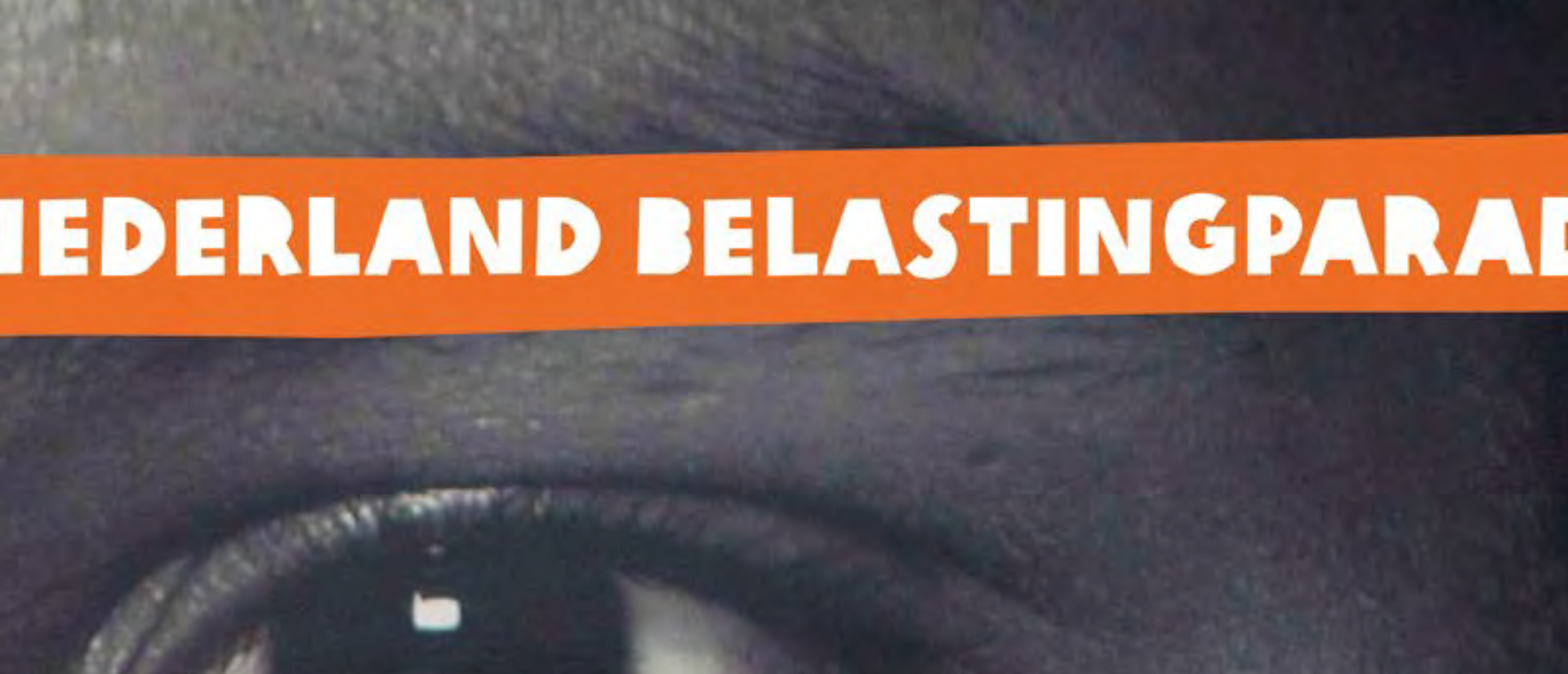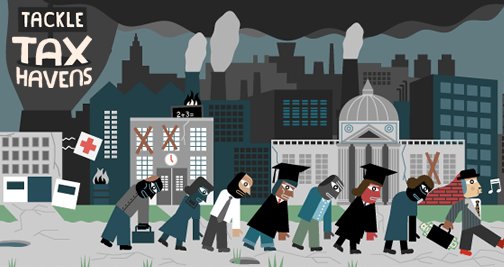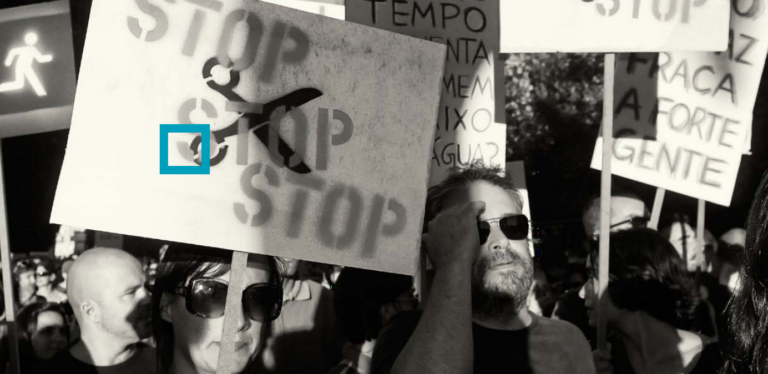
Dutch discussion on tax evasion far from over
“This debate is not the end of the discussion, but just the beginning.” These were the words with which Jesse Klaver of Dutch left-wing political party GroenLinks opened the parliamentary debate on tax evasion on Wednesday 18 December. The Dutch Lower House discussed tax evasion in the Netherlands and the results of a study by SEO Economic Research published earlier in 2013.
Read the full report of the debate on 18 December here. (opens in new window)
In August State Secretary Weekers (Finance) and Minister Ploumen (Foreign Trade and Development Cooperation) presented a cabinet vision(opens in new window) in which they announced measures for combating tax evasion. According to SOMO and the Tax Justice Network Netherlands, the proposed measures are insufficient for ending the harmful role of the Netherlands in international tax evasion structures.
The plenary debate on Wednesday 18 December mainly focused on the measures the cabinet will take to combat tax evasion in the Netherlands. The main question is: are these measures sufficient or does the government need to take further action? SOMO is a serious advocate of the latter: the summary measures jointly proposed by State Secretary Weekers and Minister Ploumen are a first step(opens in new window) , but do not put a stop to the crucial role the Netherlands plays as a conduit in the international ‘game’ of tax evasion.
The fact that Dutch right-wing parties VVD and PVV fully support Weekers is hardly surprising, but that the left-wing PvdA also accepts the cabinet vision is disappointing. The social democratic party should have seen that the many harmful elements of the Dutch tax policy are not in line with the policy coherency agenda of Ploumen as Minister of Foreign Trade and Development Cooperation. The Minister and Weekers are planning to propose the inclusion of anti-abuse provisions in bilateral tax agreements to 23 developing countries. This is a step in the right direction, but further action is required, as developing countries lose more money through tax evasion than they receive in financial aid.
The PvdA voted against a motion that asked the government to “include standard and unconditional anti-abuse provisions in both existing and future tax agreements with developing countries”, for instance. Proposed by the left-wing SP and GroenLinks, the motion(opens in new window) was supported by other parties including the CDA and D66.
The coalition parties VVD and PvdA supported a motion by the PVV that in fact urges the Netherlands to participate in the so-called ‘race to the bottom’ in which countries compete with each other by establishing as many tax benefits for companies as possible.
It is clear that the government is not willing to do more than the limited measures it proposed earlier in 2013. This is insufficient. The Netherlands can make more changes, which is why the Lower House should advocate a fairer and more transparent Dutch tax policy. The counter argument is and will always be that we shouldn’t make too many changes as it would damage our international competitive position and thus abolish the level playing field for Dutch companies. But can we even speak of a level playing field if SMEs don’t have access to the same tax benefits as multinationals? Can we speak of a level playing field when other countries – and not just developing countries, but Southern European countries as well – suffer losses because the Netherlands as a tax haven is not making sufficient changes? Is there a level playing field between companies and citizens when in times of crisis there are cutbacks in education and health care while companies omit to pay their fair share in taxes?
It is ultimately a moral discussion: what are the limits of a favourable investment and tax climate? How far should the Netherlands wish to go to secure the position of its own business industry? Contrary to what is often stated by the government and economic elites, the interests of companies are not always equal to those of the general public. This is the excuse for using public means for the development of the private sector, however. Tax benefits are an excellent example of this practice.
Weekers agrees that with regard to aggressive tax planning “certain things are difficult to explain”. But how is he trying to change this fact? SOMO suggests that it is time that his actions match his words. And it is the responsibility of our house of representatives to force him and the cabinet to do so.
Taxes continue to be a hot topic, both in and outside of the Netherlands. The Dutch Court of Audit will be presenting the results of research into the consequences of the Dutch tax policy this year. The Base Erosion and Profit Shifting project of the OESO, and the associated action plans, will also be high on the 2014 agenda. Additionally, several EU guidelines on taxes are currently being negotiated or ready to be implemented nationally in the coming years. SOMO will continue to monitor these developments closely.
Partners
Related content
-
 Huge Cost of Tax Evasion Revealed as Campaign to Tackle Tax Havens LaunchesPosted in category:NewsPublished on:
Huge Cost of Tax Evasion Revealed as Campaign to Tackle Tax Havens LaunchesPosted in category:NewsPublished on: -
Avoiding Tax in Times of Austerity Published on:
 Katrin McGauranPosted in category:Publication
Katrin McGauranPosted in category:Publication Katrin McGauran
Katrin McGauran
-

-

-
 Tax avoidance in Mozambique’s extractive industriesPosted in category:Long read
Tax avoidance in Mozambique’s extractive industriesPosted in category:Long read Vincent KiezebrinkPublished on:
Vincent KiezebrinkPublished on: -
The treaty trap: The miners Published on:
 Vincent KiezebrinkPosted in category:Publication
Vincent KiezebrinkPosted in category:Publication Vincent Kiezebrink
Vincent Kiezebrink

